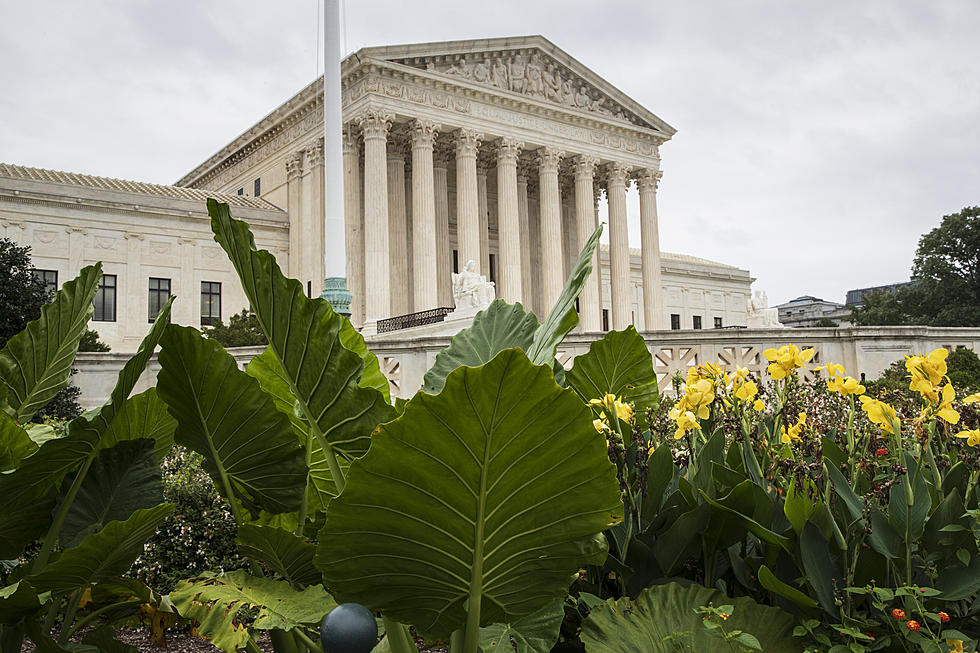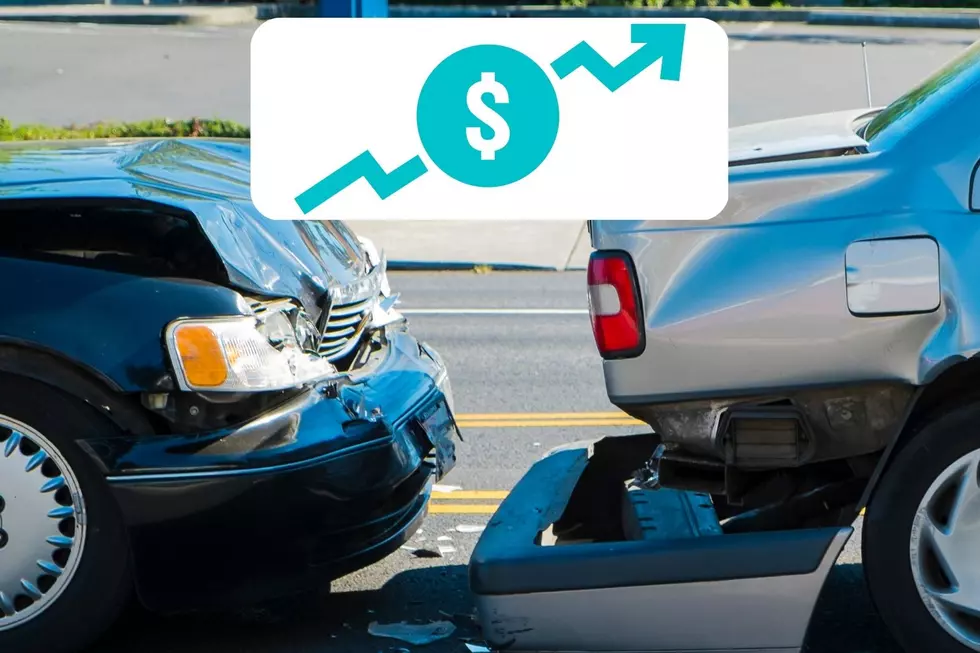
With DACA ruling due soon, immigrants seek more help from NJ
One Monday soon, before the end of June, the Supreme Court will rule on whether the Trump administration can end protections for immigrants brought illegally to the country as young children.
Those immigrants say it’s another all-encompassing fear that shadows them daily, along with the coronavirus.
“As the COVID pandemic rages, immigrant youth are facing twin crises,” said Maria del Cielo Mendez, a youth leader at Make the Road New Jersey. “Not only are our lives at risk, like so many others across the globe, our future in this country is also at risk. We face a dual threat.”
Make the Road has published its platform of legislation priorities for current session, and some – or at least the way they’re being pitched – reflect the ways the coronavirus has changed the issues taking priority in the Legislature.
Citing the economic uncertainty, the group wants the state to create a fund to help ‘dreamers’ pay to renew their DACA status and open NJ FamilyCare enrollment to people without legal status. It repeated its long-standing push to allow immigrants not legally in the country to hold occupational licenses in New Jersey, arguing that everyone with essential skills is needed to pitch in.
Assemblyman Raj Mukherji, D-Hudson, said DACA recipients are helping America get through the pandemic in occupations such as teaching, farming and food distribution and health care.
“They’re putting their own health and safety on the line for all of us,” he said.
Mukherji said that during the emergency, the state is now willing to accept overseas medical credentials of doctors and nurses – but not issue professional licenses to some people “who have met the American educational standards, who are trained, who are ready to be licensed, and protect the rest of us when the world’s literally ending.”
Del Cielo Mendez said there are 53,000 DACA-eligible residents of New Jersey, including 16,250 now in the program, which has been closed to new applicants since 2017. She says 5,000 work in industries on the front lines of the emergency response.
Trenton resident Melisa Garcia, who is enrolled in DACA, is a health benefits coordinator for the state’s Medicaid program, among other things helping people access testing and care for COVID-19.
“I help 50 to 60 people access health insurance every day, but if DACA ends I won’t be able to have insurance or a job,” she said.
Vanessa Garcia of Lodi works in the financial assistance office of Robert Wood Johnson hospitals, helping the uninsured apply for charity care or NJ FamilyCare. She has a particular worry about the availability of public health insurance to those who are legal residents.
“Just this week, I tested positive for COVID-19. Because of my DACA status, I’m able to work at a place that provides health insurance,” Garcia said. “That wouldn’t be true if I lose my DACA status.”
More from WOBM News:

How can I stay safe while grocery shopping? And answers to 24 other coronavirus questions
More From 92.7 WOBM










